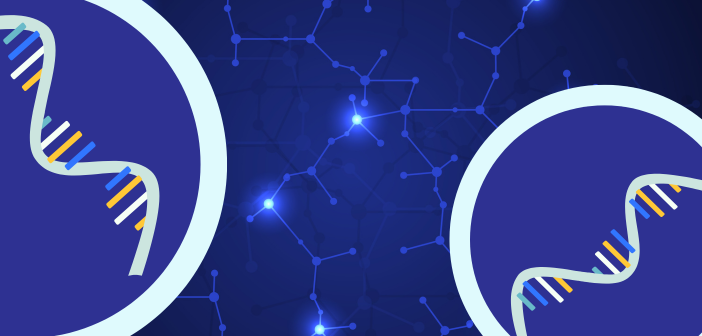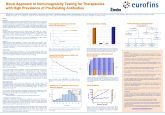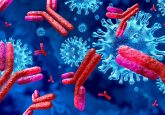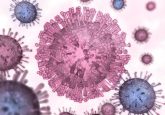Novartis to acquire Avidity Biosciences in $12B deal to boost RNA therapeutics pipeline

Novartis’ (Basel, Switzerland) acquisition of Avidity Biosciences (CA, USA) expands its RNA-based neuroscience portfolio, securing late-stage programs for rare neuromuscular diseases and advancing its xRNA strategy.
Novartis has agreed to buy San Diego-based Avidity Biosciences for US $12 billion, which will include three late-stage RNA programs targeting severe neuromuscular disorders. The deal, expected to close in the first half of 2026, will integrate Avidity’s Antibody Oligonucleotide Conjugates (AOCTM) platform into Novartis’ xRNA strategy, while Avidity’s early-stage cardiology assets will be spun off into a new company, SpinCo.
The transaction emphasizes the growing industry momentum around RNA therapeutics, particularly in overcoming muscle-targeting delivery challenges. Central to this advancement is Avidity’s proprietary AOC platform, which combines monoclonal antibodies with oligonucleotides to enable highly precise delivery of RNA drugs to hard-to-reach muscle cells. This biomarker-driven approach not only enhances delivery accuracy but also increases potency, durability and safety, all critical areas of innovation in the field.
Major M&A Deals Impacting Bioanalysis in 2025
The first half of 2025 has brought a wave of mergers and acquisitions (M&A) that are reshaping the pharma and biotech landscape. With innovation accelerating and competition intensifying, major players are doubling down on strategic deals to gain access to novel therapies, platforms and technologies. From cancer and neuroscience breakthroughs to bioprocessing tools and diagnostics, these deals reflect a clear trend: big pharma and investors are not waiting for organic growth–they’re buying their way into the future.
In this article, we break down the most impactful M&A deals and activity so far in 2025, and what they mean for the industry.
This acquisition brings three late-stage assets into Novartis’ fold: delpacibart zotadirsen for Duchenne muscular dystrophy, delpacibart etedesiran for myotonic dystrophy type 1 and delpacibart braxlosiran for facioscapulohumeral muscular dystrophy. These candidates employ antibodies that recognize the transferrin receptor 1 (TfR1) on muscle cells, shuttling RNA molecules into affected tissues to correct underlying genetic defects.
“Avidity’s pioneering AOC platform for RNA therapeutics and its late-stage assets bolster our commitment to delivering innovative, targeted and potentially first-in-class medicines to treat devastating, progressive neuromuscular diseases,” commented Novartis CEO Vas Narasimhan.
“The Avidity team has built robust programs with industry-leading delivery of RNA therapeutics to muscle tissue. We look forward to developing these programs to meaningfully change the trajectory of diseases for patients.”
The deal also supports Novartis’ shift toward high-growth therapeutic areas following increased competition for its blockbuster heart drug Entresto. Beyond bolstering Novartis’ neuroscience portfolio, the deal highlights the role of RNA therapeutics within next-generation precision medicine, where targeted oligonucleotide delivery could transform treatment for a spectrum of muscle and neurodegenerative diseases.






